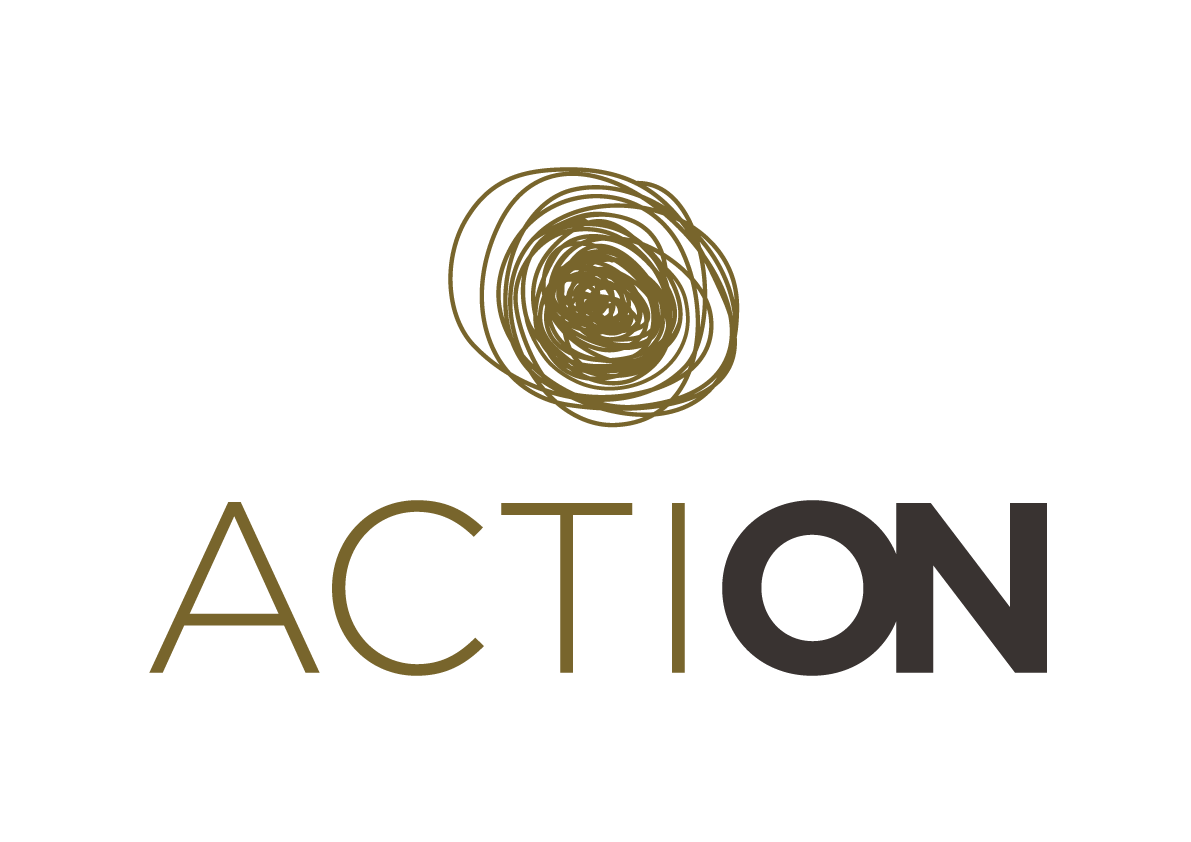Partners
Leibniz Institute of Freshwater Ecology and Inland Fisheries
Leibniz Institute of Freshwater Ecology and Inland Fisheries
Leibniz Institute of Freshwater Ecology and Inland Fisheries
The Leibniz Institute of Freshwater Ecology and Inland Fisheries, FVB-IGB, is an independent and interdisciplinary research center dedicated to the creation, dissemination, and application of knowledge on freshwater ecosystems. Working in close partnership with the scientific community (such as universities and research institutes), government agencies, as well as the private sector, FVB-IGB guarantees the development of innovative solutions to the most pressing challenges facing freshwater ecosystems and human societies. FVB-IGB advances basic science in freshwater science within research departments and integrates the knowledge across departments through crosscutting research domains. The three cross-cutting research domains focus on freshwater biodiversity, freshwater boundaries and linkages, and on human-ecosystem interactions. Furthermore, the unique long-term monitoring and research program is pivotal for understanding and predicting global change impacts on freshwater ecosystems.
The research group ‘Light Pollution and Ecophysiology’ largely focuses on biological impacts of artificial light on a wide range of biological processes, from gene expression to land-water-interactions and ecosystem functions.
At the moment the group is running large-scale field experiments at two different ecosystems (grassland, lake).
Another important research domain is getting a comprehensive quantitative understanding of the amount of light in the nocturnal and diurnal environment in a combination of satellite and ground based measurements for monitoring of and with light (remote sensing). In addition, one major aim is to directly transfer knowledge into society, e.g. in a combination of transdisciplinary communication and citizen science involvement.
Leibniz Institute of Freshwater Ecology and Inland Fisheries
The Leibniz Institute of Freshwater Ecology and Inland Fisheries, FVB-IGB, is an independent and interdisciplinary research center dedicated to the creation, dissemination, and application of knowledge on freshwater ecosystems. Working in close partnership with the scientific community (such as universities and research institutes), government agencies, as well as the private sector, FVB-IGB guarantees the development of innovative solutions to the most pressing challenges facing freshwater ecosystems and human societies. FVB-IGB advances basic science in freshwater science within research departments and integrates the knowledge across departments through crosscutting research domains. The three cross-cutting research domains focus on freshwater biodiversity, freshwater boundaries and linkages, and on human-ecosystem interactions. Furthermore, the unique long-term monitoring and research program is pivotal for understanding and predicting global change impacts on freshwater ecosystems.
The research group ‘Light Pollution and Ecophysiology’ largely focuses on biological impacts of artificial light on a wide range of biological processes, from gene expression to land-water-interactions and ecosystem functions.
At the moment the group is running large-scale field experiments at two different ecosystems (grassland, lake).
Another important research domain is getting a comprehensive quantitative understanding of the amount of light in the nocturnal and diurnal environment in a combination of satellite and ground based measurements for monitoring of and with light (remote sensing). In addition, one major aim is to directly transfer knowledge into society, e.g. in a combination of transdisciplinary communication and citizen science involvement.
Tasks in the ACTION project
FVB-IGB will coordinate the citizen science accelerator activities and run two of its citizen science pilots:
- Tatort Street lights: Monitor insects at streetlights and test a new street lighting designed to minimize insect attraction to artificial light. Enable comprehensive data collection of flying insects in four communities simultaneously and involve citizen scientists in developing a strategy for environmental awareness training in the use of outdoor lighting.
- Loss of the Night: asking citizen scientists for feedback to improve the existing apps to increase the speed and accuracy with which volunteers can make Loss of the Night app observations, and make the app more enjoyable to use. Activities willl also include the implementation of improvements in a new version, as well as the production of tutorial materials for using the app in collaboration with project volunteers.
Tasks in the ACTION project
FVB-IGB will coordinate the citizen science accelerator activities and run two of its citizen science pilots:
- Tatort Street lights: Monitor insects at streetlights and test a new street lighting designed to minimize insect attraction to artificial light. Enable comprehensive data collection of flying insects in four communities simultaneously and involve citizen scientists in developing a strategy for environmental awareness training in the use of outdoor lighting.
- Loss of the Night: asking citizen scientists for feedback to improve the existing apps to increase the speed and accuracy with which volunteers can make Loss of the Night app observations, and make the app more enjoyable to use. Activities willl also include the implementation of improvements in a new version, as well as the production of tutorial materials for using the app in collaboration with project volunteers.
Leave a message

